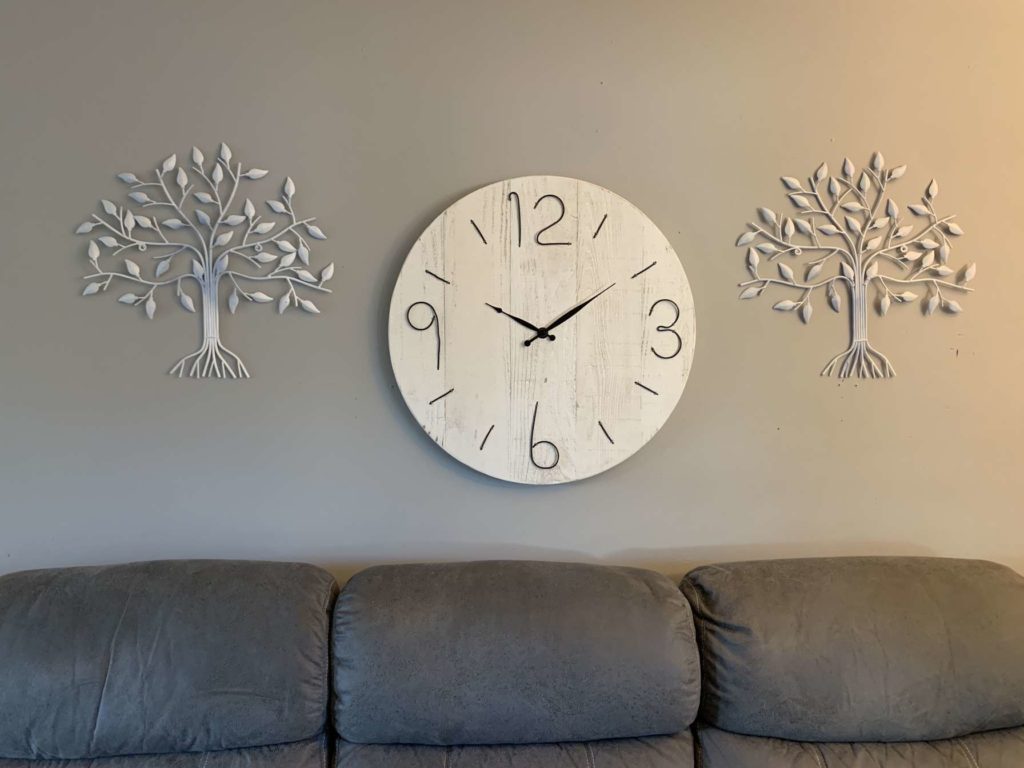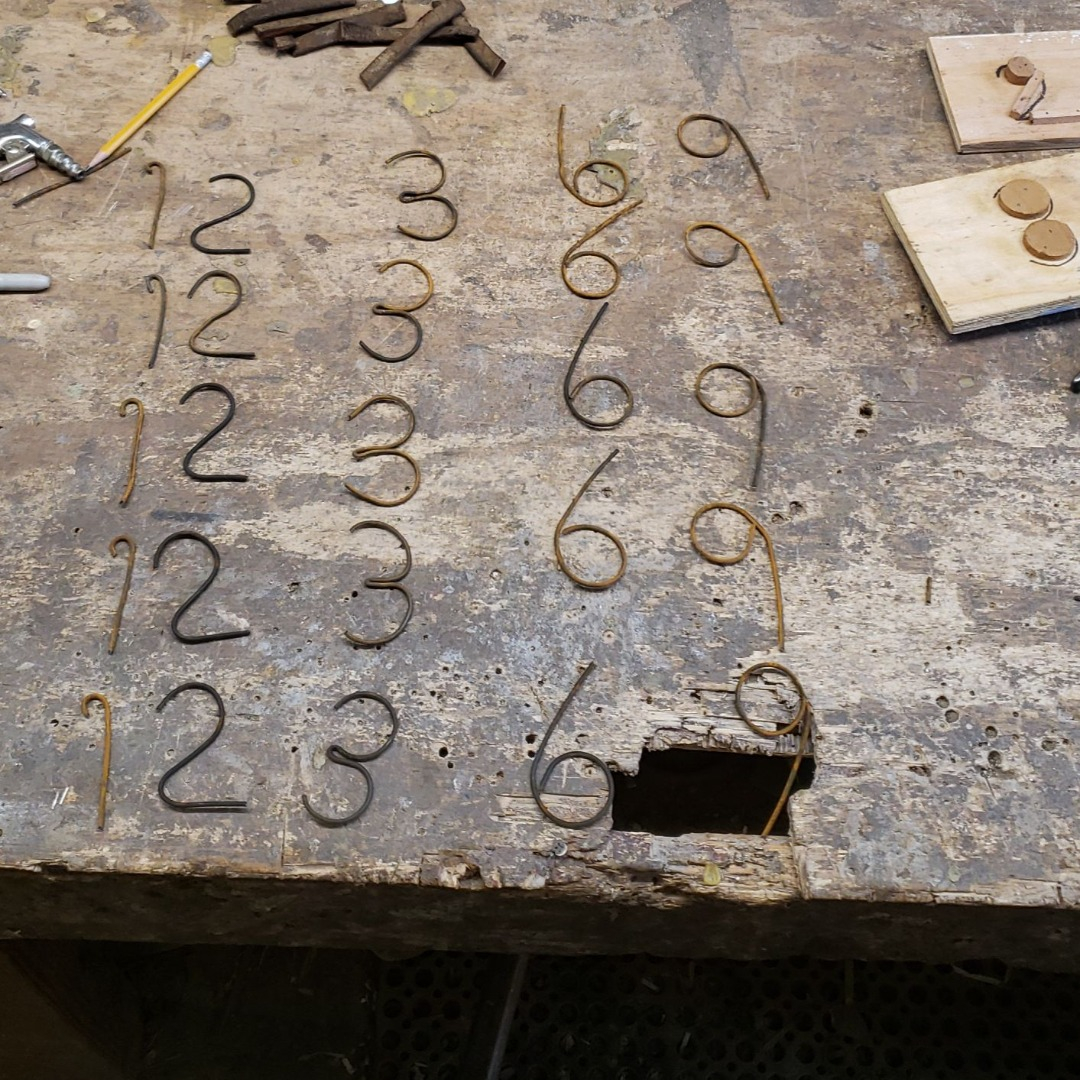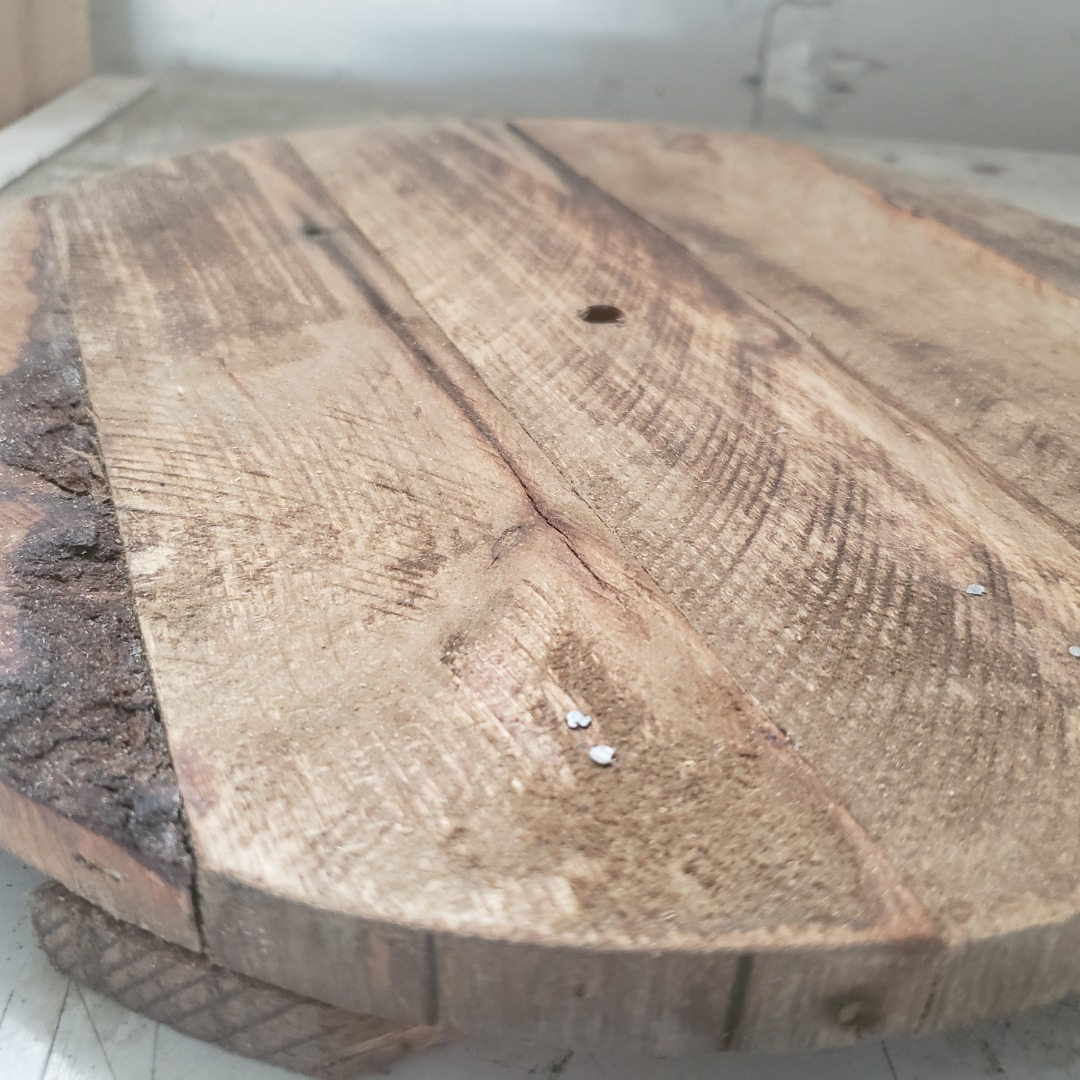“Real Entrepreneurs invent new things and disrupt current markets.” I used to believe this, as I think many people do, and I’m here to tell you why I believe that is a load of garbage. I’m here to do my best to redefine (mostly for myself) the word entrepreneurship. The way that I’ve viewed entrepreneurship in the past has been toxic as I’m sure it has for many people. Let’s fix that.
The Lie
I used to think that in order to be successful as an entrepreneur I would have to come up with an idea that no one has ever had before. Whether that would be an invention or a new product or service. I thought that to be legit I would have had to build a business that totally changed everything.
I thought I had to be the next Apple, Mcdonald’s, or Spotify. That’s a pretty tall order. The likelihood that I’m going to come up with the next billion-dollar idea is next to zero. I don’t even know if that’s even what I want.
I’ve always heard that entrepreneurs solve problems. Spotify came along and allowed everyone to listen to music digitally on their devices. Problem: I can only listen to music if I buy CDs. Solution: Spotify.
So now the question is, what problem can I solve? I don’t have a problem that I’m aware of that needs fixing. And I’ve thought about it a lot. I can’t think of anything. Do I just wait until I do have a problem or notice one? No. I don’t anyone should.
The Truth
I’ve listened to a lot of podcasts, read books, watched videos, and they all say the same thing about successful entrepreneurs, “You have to find a niche if you want to be successful.” But what does that mean? “Find a niche?”
I don’t believe that in order to find a niche I have to invent something or solve a major problem that is affecting millions of people. Instead of being hesitant as I was in the face of entrepreneurship, redefine it.
I’ll use myself as an example. I own a business where I sell handmade rustic clocks. I didn’t invent clocks or create a new more efficient clock. I just make handmade wooden clocks that are unique and creative like this one.


As of this writing, I work for a local entrepreneur that builds birdhouses. Once again he didn’t invent birdhouses and isn’t the biggest birdhouse manufacturer either. In fact, his operation is quite small with around 7 employees. But he has built a successful small business using what he was good at and selling it. It wasn’t an original idea. But it didn’t need to be.
My favorite entrepreneurship story is Sam Walton, the founder of Walmart. Sam didn’t invent the convenience store. He took a rather common idea and did it better than anyone else. He took most people’s small businesses back then and created a giant out of them.
Don’t wait for the perfect idea. Doing so will cause you to actually miss all your best ideas. Let me give you a hint on what your best idea is so that you’ll know it when it comes to you. Here it is: Your best idea is the idea that you do act on, not the idea you’re going to act on.
Redefine Entrepreneurship
There is no shortage of successful businesses that started in an already well-developed and crowded market and became successful despite that. Think of most restaurants. Restaurants are known for being incredibly difficult businesses to build but there are still new successful restaurants all the time.
My business is clocks. Instead of reinventing the wheel I just took the wheel and modified it for me. I didn’t invent the clock, but I’ve created some clock designs that people haven’t seen before. I’ve created products that are unique. My clocks aren’t all that exciting, to be honest.
There are clocks with roman numerals, clocks with numbers, etc. But you’ll probably, hopefully, see something on there you haven’t seen before. Maybe a new clock design or numbers were done in a way you’ve never seen. I’ve created uniqueness out of something that isn’t unique.
Building a business around an existing market isn’t a bad thing. In fact, from my perspective, it’s better in many ways because now you know you’re entering a market that already has a customer base. People like clocks and there is already a market for me if I find a way to distinguish myself instead of creating a new market that may or may not have customers. That can be scary.
I think we need to redefine the word “niche.” Finding a niche doesn’t mean finding something brand new or inventing something. It means finding a way to distinguish or set yourself apart from your competitors. And this can be done in a number of ways.
For example, let’s say you want to start a business selling wooden lamps. Don’t try to invent something new or Google “lamp problems that need solving.” Go on Pinterest and find cool lamp designs that you think are awesome and then go build some. After you’ve built a couple, sell them. Then sell some more. Then after that, you guessed it, sell some more.
Or let’s say you absolutely love jewelry and want to make necklaces and bracelets. That could be a very good idea, but you must find a way to set yourself apart. There are after all an absurd number of businesses and people who already make a similar product.
So, to set yourself apart, you decide to turn antique things into jewelry. You find barb wire from a barn as old as dirt and you turn it into a necklace. You take an old seed and cast it in epoxy and put it on a bracelet that you made from some old, refurbished cotton material. You now have taken an ordinary product that isn’t at all unique and made a niche out of it that could potentially be profitable.
Finding a niche doesn’t have to mean inventing something that doesn’t exist. It just means taking an idea and giving it a unique spin. It could be literally anything. It doesn’t have to be something new at all. It can be necklaces, clocks, birdhouses, lamps, anything.
An entrepreneur’s best idea is the one they act on.




